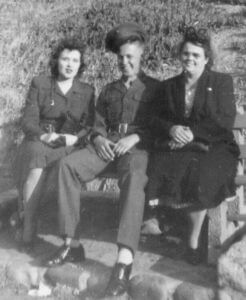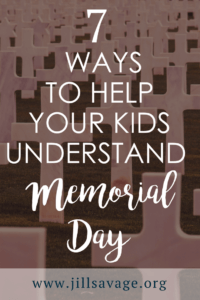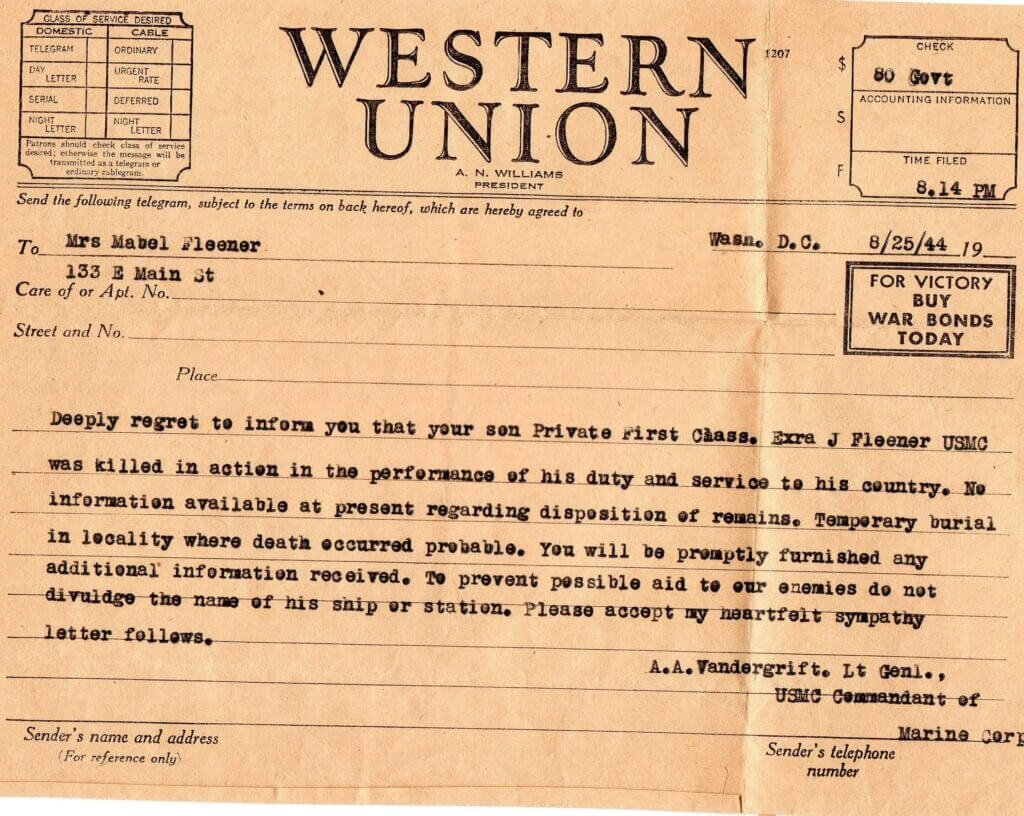
 My Uncle Junior was a very handsome man. Born Ezra, Jr. Fleener on February 29, 1924, he was called “Junior” from birth. With a talent in woodworking, his furniture now has a prominent place in the homes of each member of my immediate family. While academics were not his strong suit, he could do just about anything with his hands. If he wasn’t woodworking, he could be found fixing something. While in high school, he worked in the family-owned D-X Service Station in Mooresville, Indiana. He later worked as a mechanic for TransAmerica Freight Lines. Uncle Junior had a strong sense of humor that was often seen in his practical jokes.
My Uncle Junior was a very handsome man. Born Ezra, Jr. Fleener on February 29, 1924, he was called “Junior” from birth. With a talent in woodworking, his furniture now has a prominent place in the homes of each member of my immediate family. While academics were not his strong suit, he could do just about anything with his hands. If he wasn’t woodworking, he could be found fixing something. While in high school, he worked in the family-owned D-X Service Station in Mooresville, Indiana. He later worked as a mechanic for TransAmerica Freight Lines. Uncle Junior had a strong sense of humor that was often seen in his practical jokes.
I know my Uncle Junior only by the stories passed on by my father and my Aunt Jeannie. You see, when he was twenty years old, he was killed in World War II.
Uncle Junior graduated from high school in 1942. He entered the Marines in the spring of 1943, when he was eighteen years old. His job in the Marines was to drive an amphibious tractor, hauling personnel from the ship to the beachhead. On July 21, 1944, while fighting a battle to re-take Guam, Uncle Junior was killed. He dropped off his first load of marines on the beach, turned the tractor around, and his tractor was hit by a mortar shell.

My father was nine years old when his brother was killed. While he remembers very little about his older brother, he vividly remembers when the telegram was delivered, informing the family of Junior’s death. The scene is etched in his mind as he remembers the emotional devastation that followed. The community responded with great emotion, as well. By that time three or four other young men in the small town of Mooresville, Indiana, had been killed while on duty.
Four years later, when Dad was 13, a Marine accompanied Junior’s body from his temporary grave in Guam to his permanent resting place in Mooresville. A graveside service complete with a twenty-one-gun salute brought some closure to this terrible loss in their lives.
Uncle Junior gave his life for you and me. He died protecting the freedom of our children and our grandchildren. His story is just one of thousands of similar stories of lives lost fighting for freedom.
My children will only know their Great-Uncle Junior through the stories I pass on to them. They will only appreciate the freedoms in this country if my husband and I help them understand.
Today is Memorial Day, a day set aside to honor those who died while serving their country. In the midst of yard work, neighborhood picnics, and enjoying a day off let’s tell our children about the Uncle Junior’s of this world. Need a place to start? Try some of these ideas:
- If a family member lost their life in the war, pull out a family picture album featuring their photos. Place the album on a coffee table for the week to allow the family to look at the pictures and ask questions.
- If you don’t know the family stories yourself, ask a parent, grandparent, aunt or uncle to share with you and your kids. Even if extended family live far away, a phone call can open the door to learning more about family members you never knew.
- When sitting down for a family meal today, tell your children about Memorial Day. Explain to them that the word “memorial” comes from the word “memory.” Help them understand why it is important to remember those who died fighting for their freedom.
- Visit the grave of a family member who died in the service. Talk to your children about who they were and what they were like. Place a small flag on the grave to show honor.
- If you don’t have a family gravesite to visit, walk through a cemetery and search for graves of those who lost their lives in the service. Often the headstones have a military insignia etched on them. On Memorial Day, many cemeteries place a small flag on these graves, as well.
- Visit a park where the names of those who died in a war are etched in a memorial. Imagine what some of those people must have been like. What might have been their hobbies? Their family status? This helps bring the names alive for your children.
- Display an American flag at your home. Have your kids help you put the flag out and explain to them what our flag represents. Tell them that flying the flag on Memorial Day is our way of remembering those who have died.
As parents and grandparents, you and I play an important role in helping our children understand the unique country in which we live. We have to share the stories from generation to generation. Join me today in making this Memorial Day truly a day to remember.












Absolutely wonderful, Have shared it with my kids
Thanks Jeff.
Jill,
I really appreciate your ministry, both you and Mark.
Thank you for your comments on Memorial Day. I am so sorry your Uncle was killed in WWII. We too, have many veterans in our family but the only one we have lost is my son Joshua, an Army Private II, who died while serving in Hawaii. His death is listed as a suicide but I don’t believe he killed himself. I know he was desperate to get back home to his children and was struggling with his marital relationship with his wife. I trust God that Joshua is with him.
I wrote to you before explaining my husband’s issue with being involved with another woman and how I would catch him at it and he would stop for a time and then go back to her; standing up for her instead of me, allowing her to attend our son’s funeral, even after I asked him not to allow her to be there. Now, my husband has told me he is “tired of trying” when it comes to our marriage. He wants a divorce. He found our I had some money saved up (it was saved incase I had to get out…due to his physically harming himself), so he thought I would pay for the divorce. I told him I don’t want it to be a knock down fight but I am not going to pay for it either. Divorce is not the answer. The other day we were running errands and I asked him why he wants a divorce. He commented that he had spent time with the other woman and it made me frustrated, so he stopped but he kept going back, to which I would again be frustrated….so I said, “Do you want a divorce because you want her?” I asked him that twice and he didn’t answer. His refusal to tell me gives me my answer. Inspite of our situation I want to glorify God through this process. Please pray to that end. Thank you for all you and Mark do to help us.
Praying Jan!